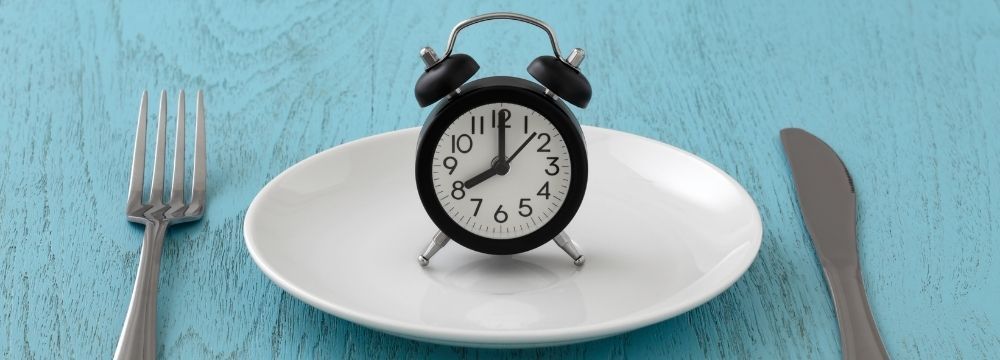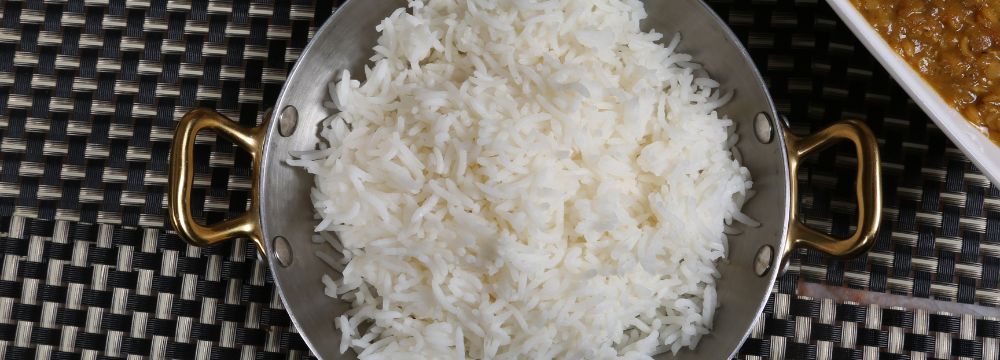Diet

Undoubtedly, you’ve seen the benefits of fasting touted in the press and on social media. From water fasting and reduced-calorie to 16/8 fasting, we get inundated with testimonials on this “miracle” approach to better health and weight loss. While this may seem like a fad, fasting has been an important part of many cultures and religions throughout history. Fasting is very different from starving yourself of food, which can ultimately induce fat accumulation mode and make you gain weight over the long term. Instead, fasting is a systematic and structured plan to reset your body on a cellular level.
Before fasting, it is advisable that you speak to your doctor to mitigate any potential concerns, including potential issues during the alimentation phase of the program. Once you are ready, you can weigh which is best for your lifestyle and expectations. Some opt for multi-day fasting, while others enjoy intermittent fasting that does not eliminate food instead confines your food consumption to a smaller window of time.
The benefits of fasting can be significant using either method, but it is vital that you let your doctor know of your plan in all cases.
While challenging at first, many tout the approach’s benefits, citing less appetite, more clarity, better sleep, and more energy. It isn’t necessarily during the fasting period that patients run into challenges. Where many stumble is when coming off from the fast. It is crucial that you do not overeat too soon for longer fasts. You may be tempted to have a large meal, but you should instead start re-revisiting food in a slow and measured manner. Overeating too soon after a prolonged fast can cause significant issues.
A Note to Bariatric Patients
Multi-day fasting is not appropriate for patients in the early to mid-recovery stage after bariatric surgery. Instead, be sure to follow the diet and exercise plan laid out by our practice. Bariatric patients require a delicate balance between calorie consumption and restriction. However, intermittent fasting may be appropriate in some cases, so feel free to speak to our nutritionist or your bariatric surgeon to get guidance.
It is also important to remember that just because you are fasting does not mean that you can eat whatever you want. Patients sometimes believe that fasting gives them a “free pass” to eat less than healthful foods in quantity. This will only lead to gaining a significant amount of weight and negating the hard work you’ve put in.
The Bottom Line
Fasting is an exciting and practical approach to weight loss, and may help resolve other issues like sleep trouble and reflux from overeating right before bed. Proper preparation and understanding that healthful and mindful choices must still be made during non-fasting hours, can be an excellent tool for better health and excess weight resolution.









